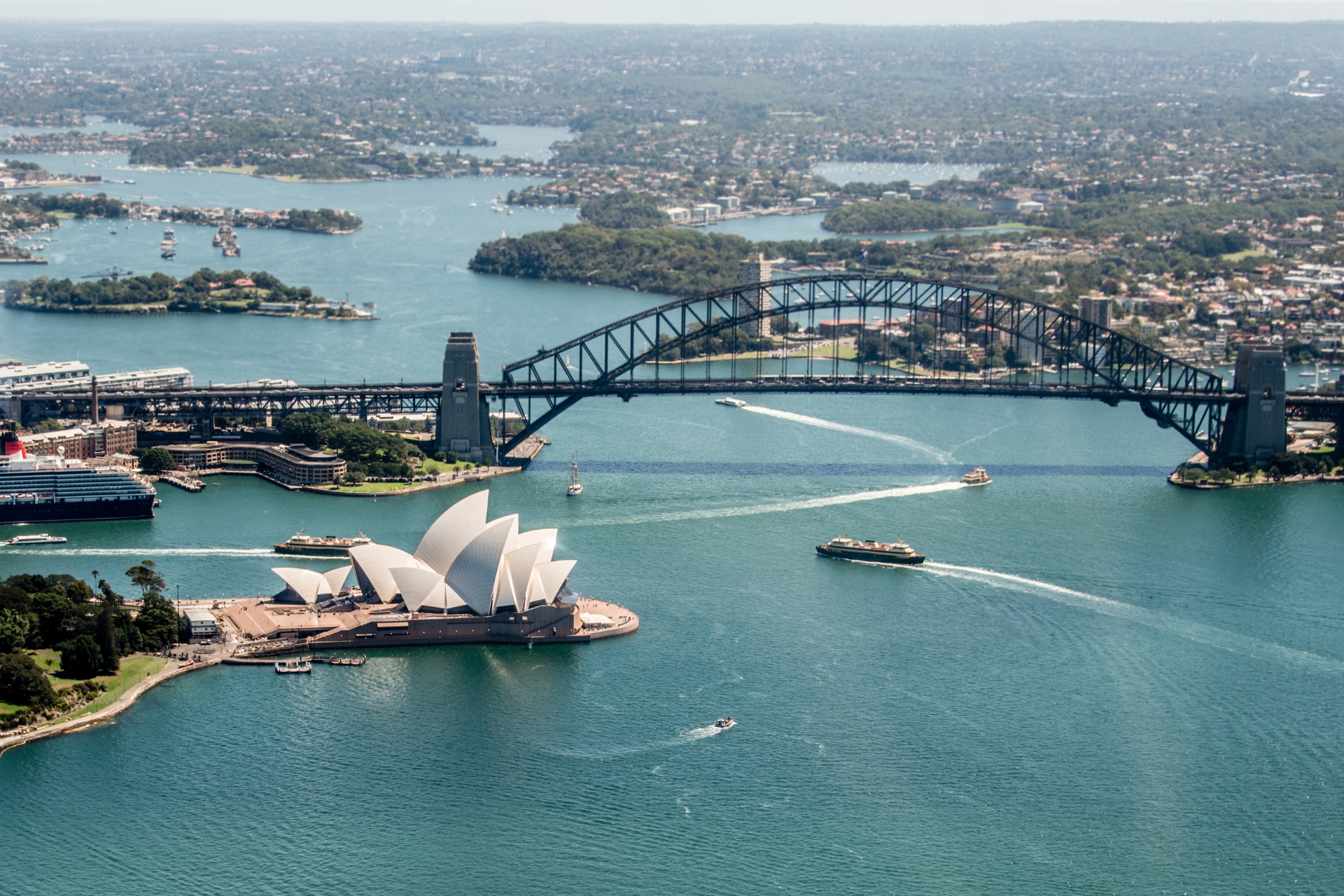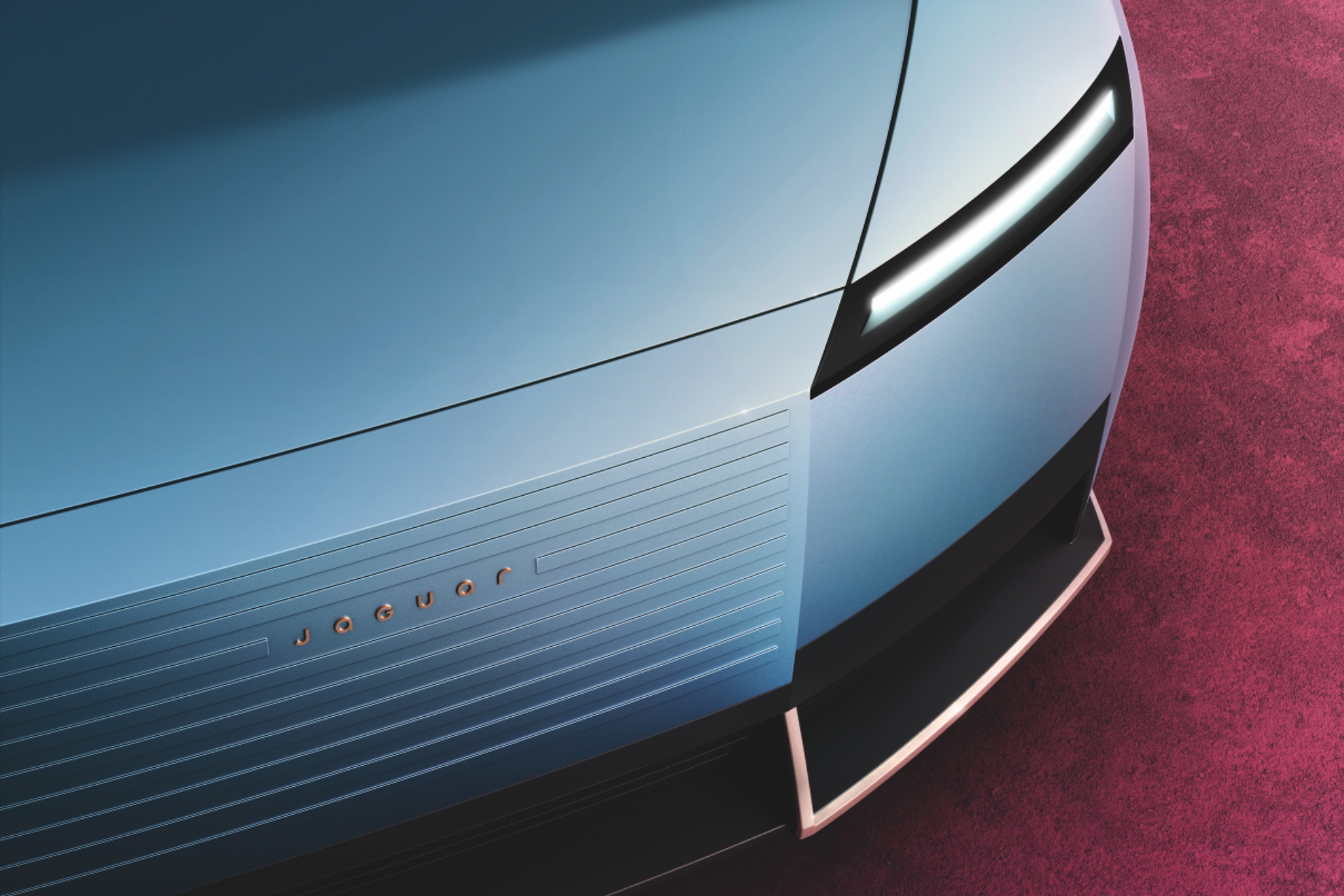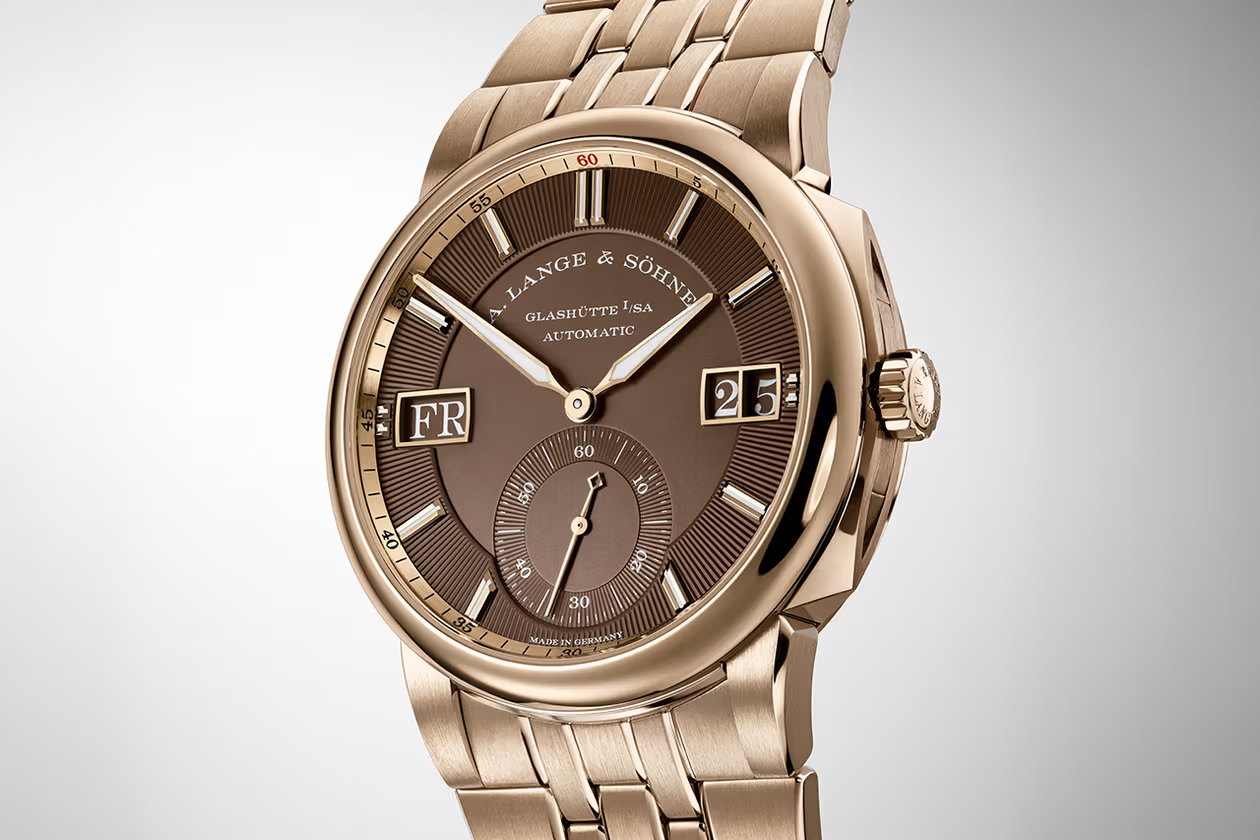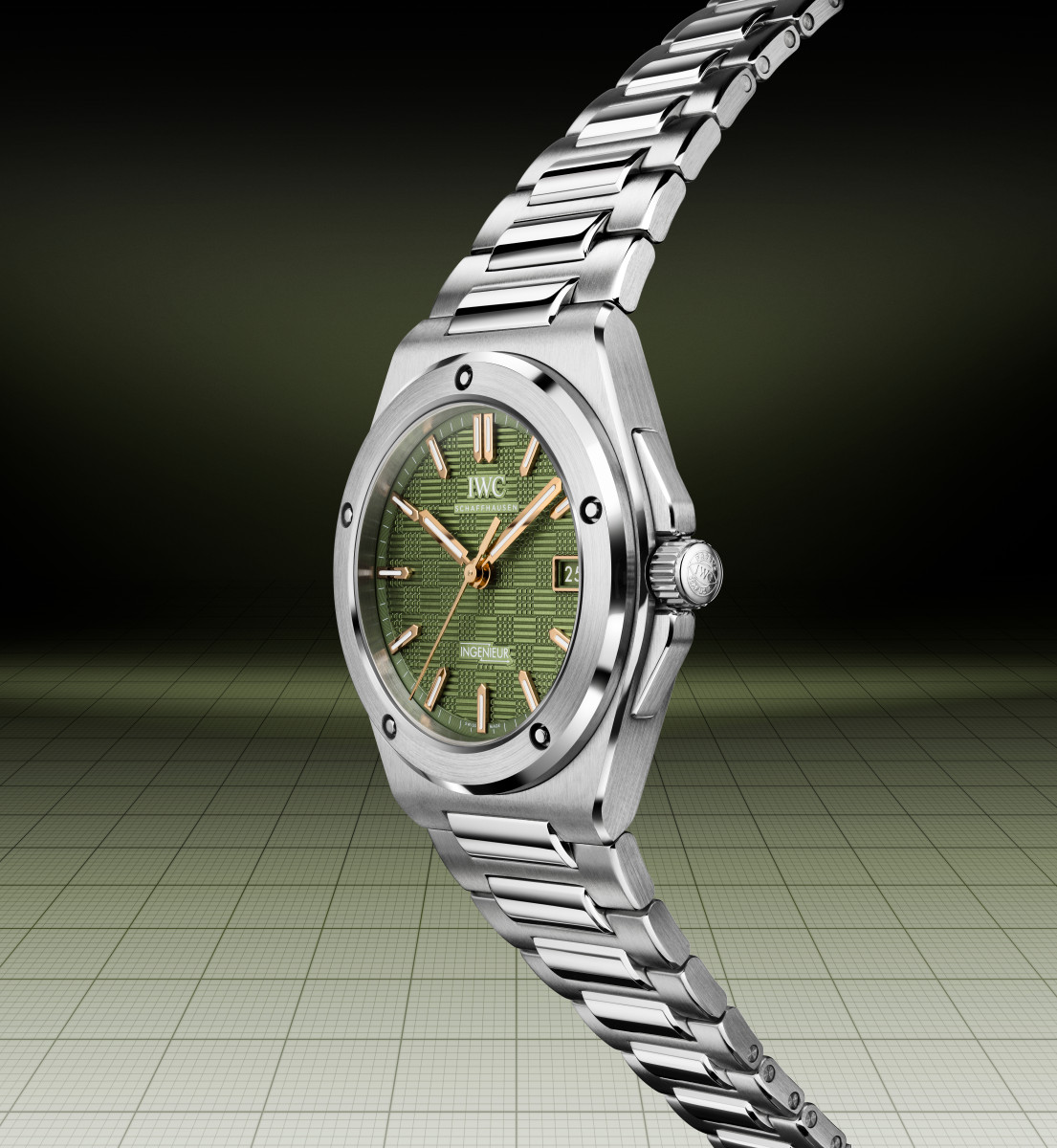Michael Douglas has a strict 'no dickhead' policy. Should we all?
The actor is firm on the importance of eschewing those who make life difficult for others. But given the preponderance of undesirable people around, is this realistic? And could total avoidance inhibit opportunities for growth?
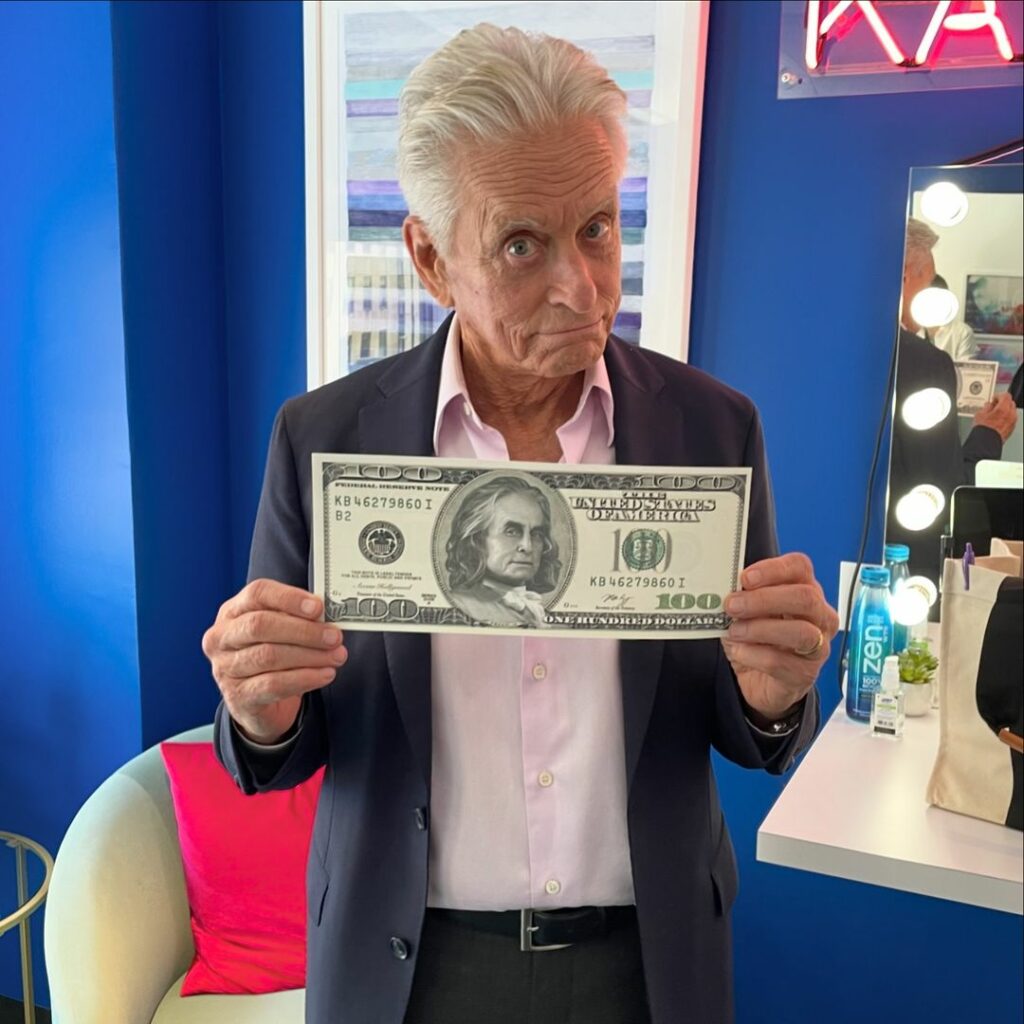
I RECENTLY HAD a bracing exchange at the gates at Wynyard station in Sydney. On a busy Tuesday morning, with hordes of workers head down and anxious to get to the office, my phone froze as I went to tap off. I frantically tried again, conscious I was creating a bottleneck behind me, before giving in and hastily backing away from the gate. Most commuters made way for me, though I’m sure a couple muttered under their breath at my expense. But one particular fellow let me know exactly what he thought.
“Get out of the way . . . for fuck’s sake,” he said sharply.
I was stung by his abusive tone. In my mind I immediately labelled him a dickhead, and was glad I didn’t have to have any further interactions with the fellow. Imagine working with this bloke, I thought. Or even dating him. Nightmare.
Dickheads, of course, are everywhere right now. They occupy international positions of power, or in the case of Donald Trump, are attempting to muscle their way (back) into these positions. They are rife in the sporting arena – Draymond Green, Jake Paul. They terrorise our roads, at least that’s the impression you’re left with if you watch commercial news bulletins where mobile footage of road rage incidents masquerades as news. And they bulldoze their way into social feeds and comments threads. If you listen to many women, they’re also rampant on dating apps. In short, we are probably at peak dickhead right now.
But while public-facing dickheads and their digital counterparts are a dime a dozen, for the most part, it’s rarer to encounter them IRL, unless you are very unlucky. I’m relieved to admit it’s relatively rare that I cross paths with a dickhead. In the savannah of the office, or in my social circles, dickheads exist more as an abstract idea rather than a flesh-and-blood organism. I see possible candidates on the street but often this is a judgment call and betrays instinctive bias on my part.
At the same time, in the office, where behaviour is governed and codified by workplace laws and corporate dictums, many dickheads are able to disguise themselves as mildly annoying dropkicks. As we’ve seen with train-gate dude, though, it doesn’t take much for the façade to crumble. All you have to do is impose a minor obstacle or fractionally interfere with their progress, for a dickhead to rear its head, so to speak.
But while dickheads are effectively hiding in plain sight, many of us have become thoroughly adept at screening and yes, profiling undesirables, enabling us to filter them out of our daily lives. So when you do encounter one face-to-face, as I did, it can suck the wind out of you.
So it was with interest that I read actor Michael Douglas’ recent comments on avoiding dickheads in Hollywood. “The message, for me, is really good material and working with good people. And no dickheads! Alright? No dickheads. It puts too much stress on everything. You want to work with positive, good people,” said the 79-year-old, who having worked in Tinseltown for over five decades, has surely encountered his fair share. When asked by the interviewer if that was a good rule in general, Douglas was in no doubt. “It is, no matter what. Whether you’re getting married or anything else.”
This is by no means revelatory. Douglas works in an industry rife with egos, narcissists, grifters, charlatans and conmen, who I think we can collectively refer to as dickheads. He doesn’t need more drama in his life and therefore needs to enforce a strict policy. Makes sense.
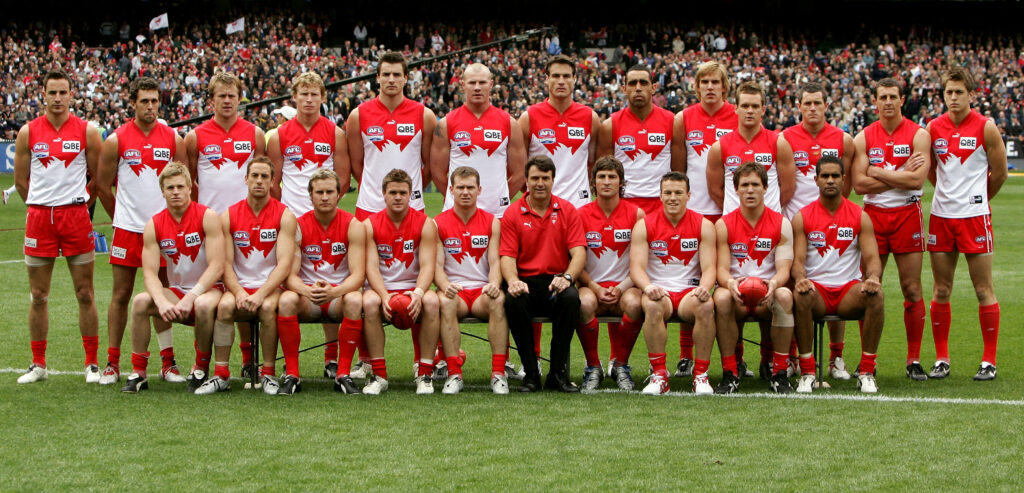
Here in Australia, the mid-aughts Sydney Swans, a team that won the flag in 2005 and lost by a point in 2006, also had a strict no-DH policy. The Swans recognised earlier than most AFL teams (even Collingwood eventually got there) that it only takes the presence of one or two egos to corrupt a culture.
And it’s ego that is at the heart of this issue (yes, this is an issue), elevating certain individuals above the merely mildly annoying or those fatally lacking in self-awareness. When people recoil at a dickhead’s behaviour, what they are really objecting to are outward expressions of ego, which manifests as arrogance, outsized ambition and occasionally aggression; see train-gate dude.
So, broadly speaking, I agree with Douglas. And I think we are all best to continue to carefully screen our fellow citizens to avoid unnecessary interactions with these people. But I would offer some caveats.
Just as you often need to experience the pain of failure before you can succeed (at least the Boston Celtics hope so), it’s probably fair to ask if you need a certain amount of exposure to dickheads to build resilience to them.
Taking that a step further, do you need to grapple with your share of dickheads, roll around in the mud with them, to learn how to handle, manage or even prick their colossal egos? Does this, in turn, help you build assertiveness, self-assurance, even diplomatic skills? Side note: international diplomacy is a grand exercise in managing egos, disguising geopolitical aspirations and apologising for sometimes sneaky subterfuge. If you spy on another country and get caught you must express your regret. If a country slaps tariffs on your products, you are entitled to express your disappointment in the STRONGEST POSSIBLE TERMS, without actually using those terms. It is the art of appeasing dickheads and apologising for your own bad behaviour.
The worry is that we might be raising a generation that, not having encountered dickheads at the rate older generations were forced to endure them, are less equipped to handle a random IRL encounter. Would they, for example, clap back at train-gate dude, or even throw hands at him. Possibly. Some, I know, would argue that would have been an appropriate response.
The other problem with a blanket no-DH policy is that it forces you take a long hard look at your own behaviour. All of us have been dickheads at some point in our lives, no matter the lengths we go to conceal it. I distinctly remember struggling mightily during an internship at a newspaper, not to take the complete disregard for my opinion by the old heads of the newsroom as a personal affront. They’re all dickheads, I thought, as I fantasised about how one day I would show them who I was as a journalist and they would regret never having consulted me on how to handle the bus crash at the Belconnen interchange. I was a conceited little fellow but due to my outwardly humble nature, didn’t reveal myself as a prize dickhead.
My point is, you probably need to make mistakes in order to grow. You need to be a dickhead, get pulled up for it and then become a better person because of it – it’s called growing up.
By all accounts, Michael Jordan was not a fun teammate to play with. Floyd Mayweather and Connor McGregor will never win prizes for humility. Outward expressions of ego often go hand in hand with supreme self-belief, a prerequisite for success in the sporting arena. Similarly, you’d have to say some of the titans of the tech world – Musk, Zuckerberg, Steve Jobs, et al – would likely not have created and actualised their outsized visions without a commensurate level of ego fuelling those endeavours.
This is almost certainly true of Hollywood, too. Douglas famously worked with the likes of Oliver Stone and David Fincher – not exactly humble shrinking violets. Together they created masterpieces, at least in the case of Stone’s Wall Street. The Game has its charms, too. Douglas surely learned a lot from working with these guys and navigating their egos while helping bring their shared visions to life. At 79, he’s just over it, and that’s fair enough.
The bottom line here is that dickheads aren’t going anywhere and knowing how to recognise them and navigate their behaviour is, for better or worse, an essential life skill. That applies whether you work in Hollywood or, in my case, are just a humble commuter.
Related:
What is successful nonmonogamy anyway?
The best surf beaches in Australia for every experience level















